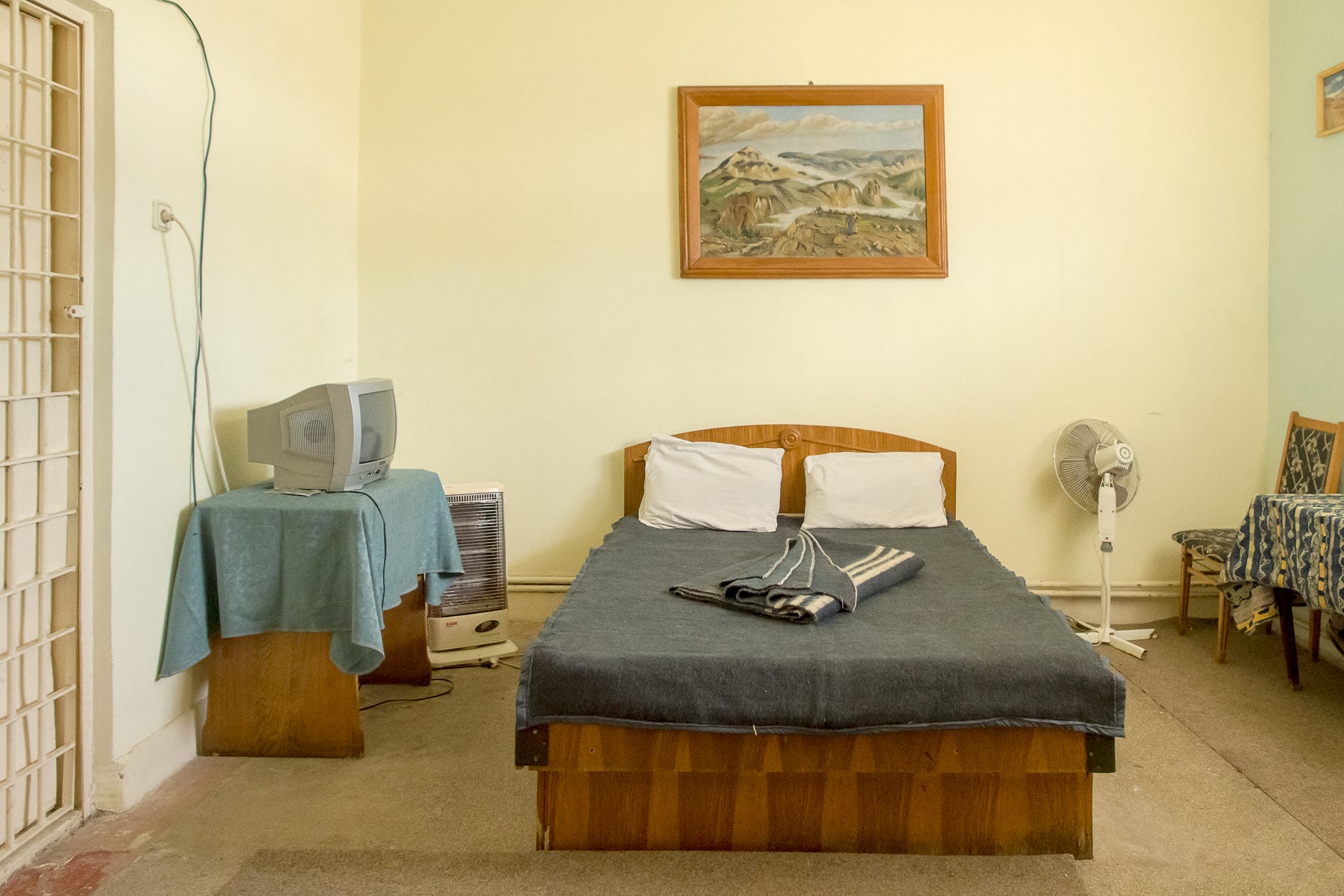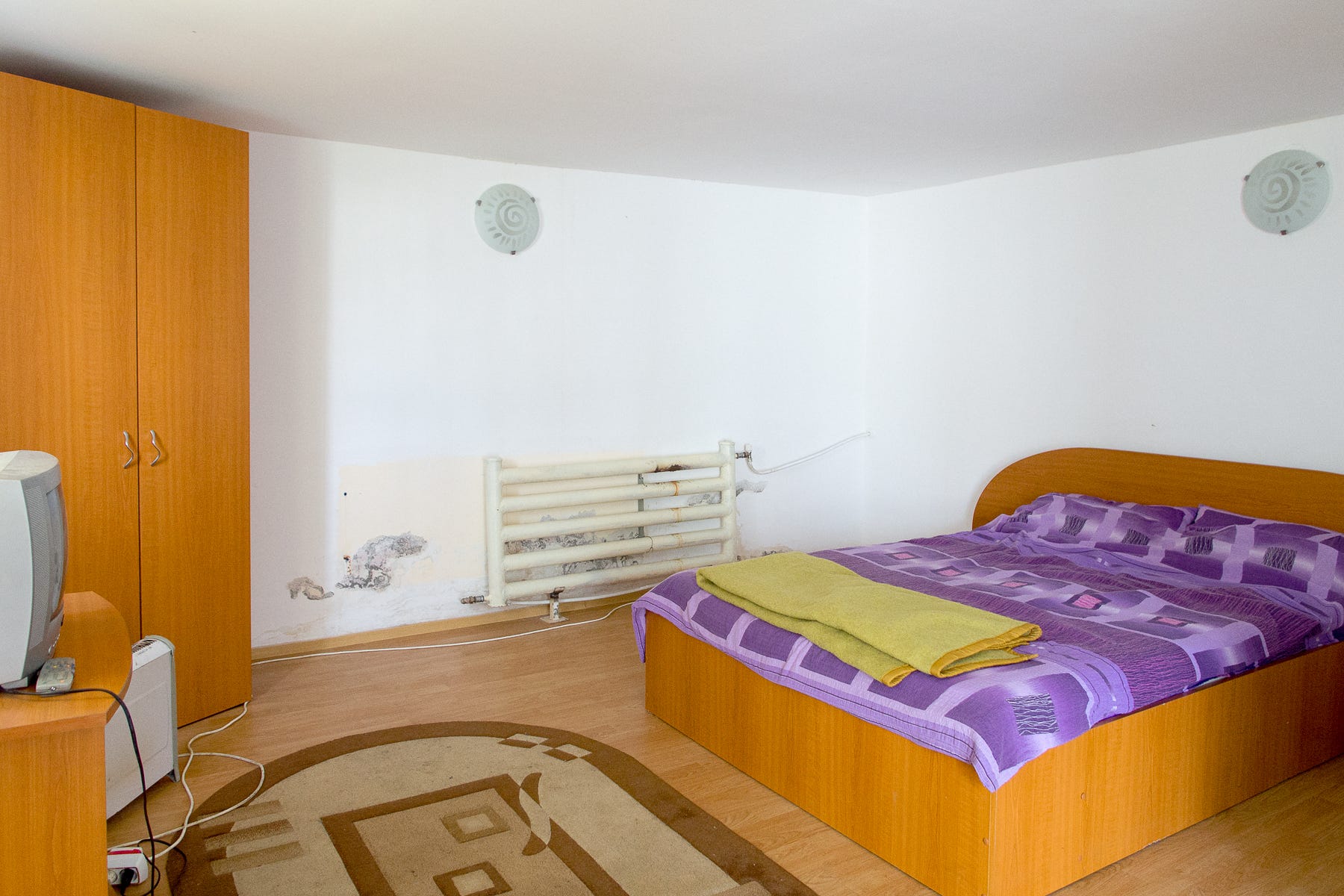
In some cases there may be competing considerations about placing prisoners in the closest facility on the one hand and the most appropriate facility for their classification on the other. It is unacceptable to demand payment or other actions from detainees or their families in return for visits.Īuthorities should generally seek to hold detainees at the most appropriate facility closest to where the detainee’s family is located. However, any such restriction must be justified in the circumstances, and visits should resume at the earliest possible time. In exceptional circumstances – for example, an emergency or natural disaster – it may be necessary to postpone or cancel a family visit. In the context of detention, this means that visits between detainees and their families should never be considered a privilege that can be taken away as a disciplinary measure. Print sectionįamily life is a fundamental human right. If the bonds between detainees and their families can be sustained throughout incarceration, the chances of successful reintegration into society are much greater. The majority of those in detention will at some stage be released into the community. There are many elements that must be considered – for example, material conditions for visits, and consideration for detainees with particular needs or in a situation of vulnerability. The family will keep track of where their loved ones are detained and look out for their general rights, interests and wellbeing.įamily visits are a right and not a privilege, and upholding the right to family is more than just about allowing the act of visits to occur. Contact with family whilst in detention represents a link between the detainee and the outside world and can often serve as a safeguard. Family members can play a vital emotional and material support role to detainees in difficult times.


When someone is deprived of his or her liberty, family connections often take on a heightened importance.



 0 kommentar(er)
0 kommentar(er)
